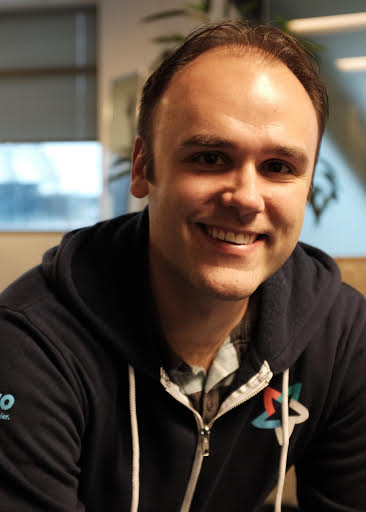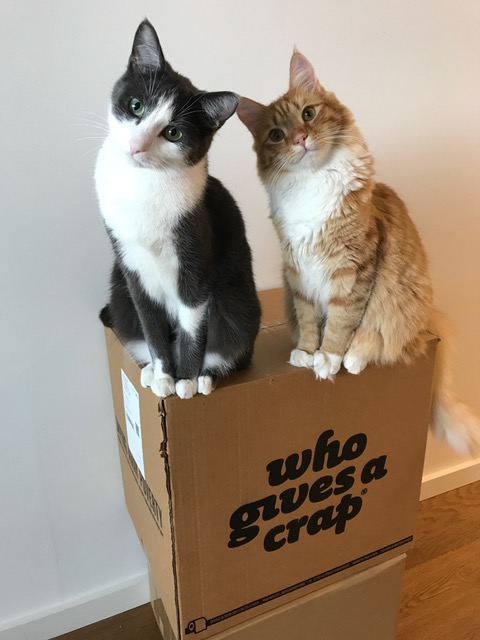Show Notes:
A job interview inspired software developer Vaidehi Joshi to create Basecs, a weekly series, as a way to teach herself Conway’s Game of Life and other computer science problems. Along the way she's helped thousands of others do the same.
“I thought it was just me who didn’t understand it.”
Vaidehi shared how she found a balance when doing a weekly project, how she accidentally created a computer science curriculum and her process for learning and writing about a brand new topic in less than a week.












